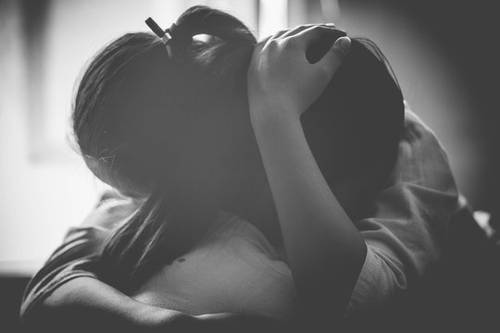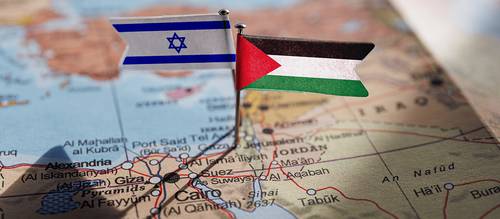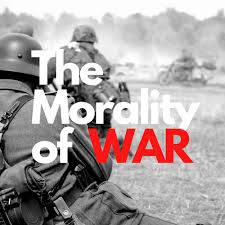Imagine this: You’ve been looking forward to this day for a while, to meet your friends and head out to a football game, a café or a rock concert, expecting to have a good time, maybe even the best of your life. Then, with no forewarning whatsoever, the entire world around you is in ruins. In a second, you find yourself gasping for life on the floor, fighting against the lull that is increasingly overcoming you, and you look at how everything around has been replaced by fire, falling debris, screams of terror, and lifeless bodies on the ground just like yours. That is what it was like for the Parisians on November 13th, 2015.
The series of coordinated terrorist attacks began at 9.15 pm with three suicide bombers outside the Stade de France, during a football match. At the same time, another group opened fire on civilians at cafés and restaurants. At around 9.50 pm, a third group carried out a mass shooting and took in about 20 hostages at a rock concert attended by 1500 individuals at the Bataclan theatre. The ISIL claimed responsibility for these attacks, warranting that it was in retaliation for the French airstrikes in Syria and Iraq.
In the attacks, 130 people were killed, while 416 were injured. It took months for the citizens to start feeling safe in their own homes. A large number of individuals, including those who hadn’t been directly affected, had developed PTSD owing to these attacks. The devastation felt by the loved ones of those lost is indescribable. It wasn’t just the 546 people who were hit with the loss, but also everyone who held them dear.
Amidst this horror sequence, a lot of people stepped in to help others. The hashtag #PortesOuvertes, meaning ‘open doors’, was widely circulated around social media to offer shelter to those who may need it. Other hashtags such as #JeSuisParis and #PrayForParis were also used by people all around the world to let them know that they are on their side. Even such a seemingly trivial act provided the Parisians the mental support they were in dire need of. The then President Hollande, despite being at the football match where the initial explosions had taken place, reassured the citizens and asked them to remain strong.
On the 15th of November, civil service in remembrance of the victims was held at the Place de la République, along with multiple other vigils and memorials in different parts of the world. November 13th is now observed as the European Day of Mourning in memory of the lives lost on that day.
In the weeks following the attacks, applications to join the French Army increased ten-fold. Purchase of the French flags had also increased dramatically. The citizens’ sense of duty to protect their homes had been fuelled. They could no longer be a quiet spectator, or allow another tragedy to take any more lives. Instead of choosing to succumb to their fears, the choice to risk their lives and make a difference was made by plenty. Patriotism among Parisians was met with a massive surge, almost like it was mimicking the explosions.
Among the tragic events of this catastrophe, it reinstalls our faith in humanity when we witness several people put aside their differences and conflicts to help each other at times like this. Even the smallest extension of a hand to those in need can turn around someone’s world. The cycle of helping one another spreads like the fire that burned everything down. The 2015 Paris Attacks, as calamitous as they were, remind us that life is unpredictable and that every moment is a gift that we must learn to cherish before we lose it to uncertainty.





